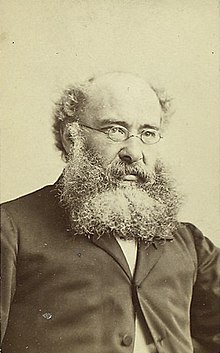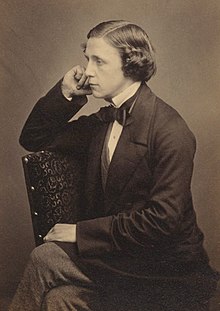Boy, I really know I’m getting old. Yup. I’m getting
old and grumpy. I’m starting to miss this guy, Charlie. He was a member of my
parish who died last year, and if you looked up “grumpy” in the dictionary you’d
see Charlie’s picture. He just couldn’t stand it that things weren’t like they
used to be. He was the last guy who still wore a coat and tie to Sunday
worship, who still came early for prayer time, who grew indignant when people
talked too loud before worship or came to church wearing cut-offs or Eagles jerseys,
or—God forbid—came late. Charlie raged when worship assistants didn’t show up
for their appointed duties, when altar servers giggled and fidgeted during the
sermon, or when announcements went on too long. Charlie just wanted the Sabbath
done right, by golly!
And now I’m starting to get just like him.
I’m getting annoyed when folks arrive late for worship and when they bring
their Dunkin Donuts coffee into the worship space. I can’t believe my eyes when
I see young people coming to funerals—funerals,
mind you!—in shorts and T-shirts. I’m growing dismayed that summer worship
attendance appears to be optional.
Okay. I don’t want to become a Puritan
about this. I don’t believe that the Sabbath prohibits both work and recreation
as those rather humorless folks in the 17th Century believed. I don’t
want to put people in the stocks for missing church or coming late or leaving
their used Kleenex in the pew. But just where, I wonder, is the respect for the
Lord’s Day and the Lord’s House? When did we become such a nation of slobs?
I know. A rigid rule of Sabbath observance
is just the thing Jesus is fighting against in the Gospel lesson for Pentecost
2, Year B (Mark 2:23 – 3:6). In fact, Jesus even gets a little hot under the
collar because the Pharisees are more interested in keeping control over the
rule book than they are in showing mercy and compassion to the hungry and the disabled.
For him, it seems, feeding and healing were the purposes of the Sabbath.
Martin Luther looked at it like this when
he wrote his explanation to the third Commandment:
“We are to fear and love God, so that we
do not despise preaching or God’s word, but instead keep that word holy and
gladly hear it and learn it.” (Small
Catechism)
Gotta hand it to Luther, he really had a
way with words. The two words which jump out at me for making Sabbath
observance a feeding and a healing time in Luther’s explanation are “holy” and “gladly.”
“Holy” can mean spiritually perfect or
belonging to God, but it also connotes something set apart as being beyond the
ordinary. And that’s what I love about Sunday church. It’s not an ordinary
time, but a time to take shelter from the ordinary and enter into the
extraordinary. That’s why the church has liturgy and vestments and music and a
special place in which to enjoy all of these things. That’s why Michelangelo
painted the Sistine Chapel and why Bach composed music for worship and why
buildings with majestic architecture have been erected to the glory of God over
the centuries.
When I was a grad student at the
University of Wisconsin many years ago, I worshiped at a beautiful
cathedral-style church called Luther Memorial on University Avenue in Madison.
The Senior Pastor at the time was the late Dr. J. Stephen Bremer, one of the
loveliest human beings one would ever want to know. I asked him why the ritual
at Luther Memorial was so elegant and high church. His answer was that he
wanted those who worshipped to have a sense of the “Mystery of God.”
Wow. That’s something. To be able to sit
for an hour or so in the wonder of God’s grace. To have at least one hour which
is not full of cares or disagreements or the petty minutia of ordinary life,
but is set aside—sacred—for being fed with wisdom and healed with the knowledge
of forgiveness. To be in a place where love is spoken, food is shared, kindness
is taught, sins are washed away, and a community comes together in song—how different
that is from all else in our lives. Why would we not embrace this with
gladness?
And, let’s face it, we need that
difference, that “set-apart-ness.” The ordinary world so often neglects dignity
and raises selfishness to an art form. Roseanne Barr tweets racist and Islam-a-phobic
rants, our President regularly insults and accuses his opponents, our media news
sources grow increasingly more biased, and “negative campaigning” has become
the norm in America. We seem to be growing increasingly boorish and even
thuggish at times.
We need a place to get away from all of
this and be fed with the remembrance of who we are and who God created us to
be. We need an extraordinary place, a place set apart and made different, where
we can confess our shortcomings, be reminded that we are loved, and renew our
respect for others. We need the Sabbath as a time to be fed so we can be
feeders, and to be healed so that we can be healers.
If we approach it in the spirit of holiness
and gladness, I won’t even complain if you come in your cut-offs.
Shabbat
Shalom.




